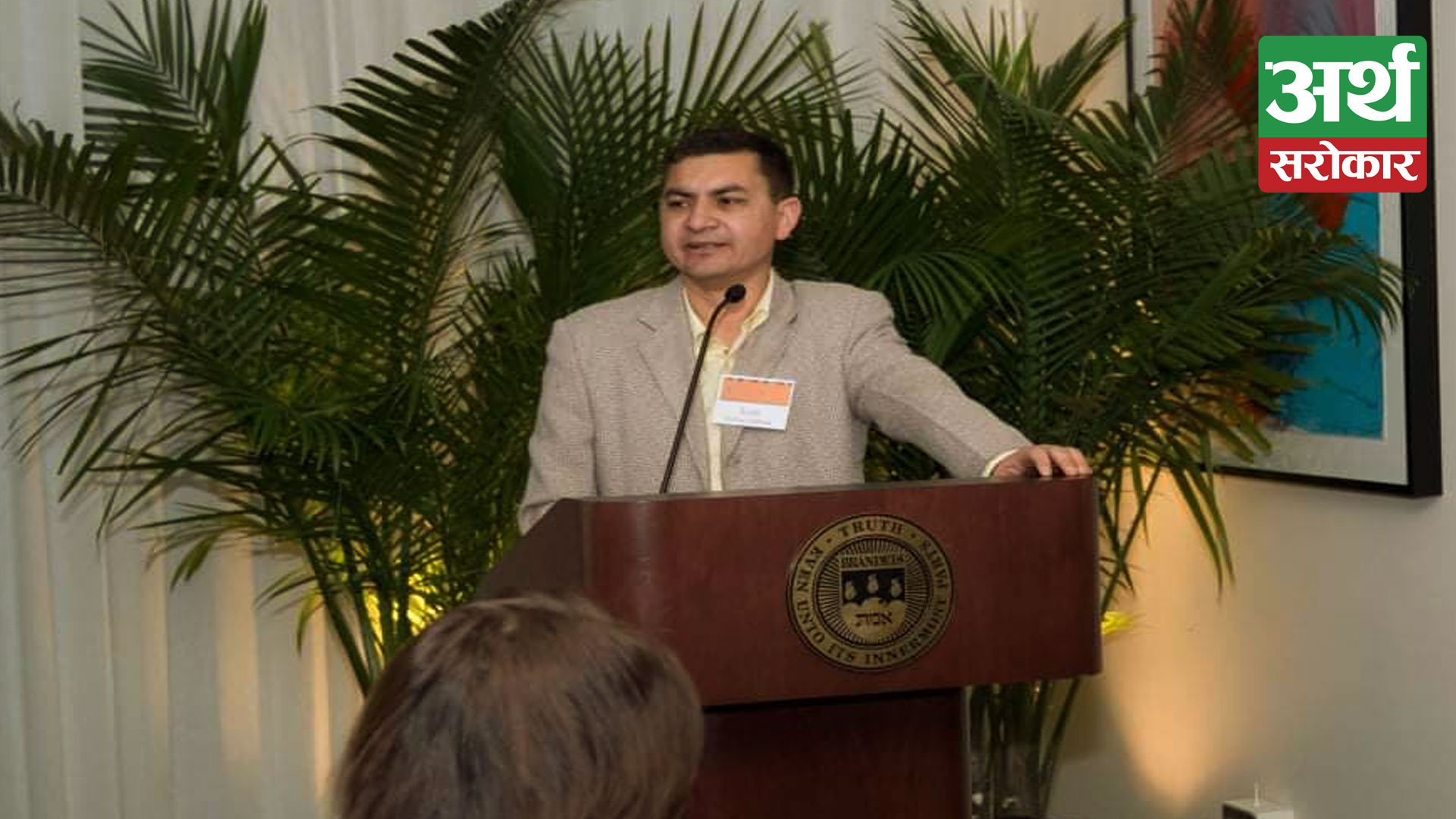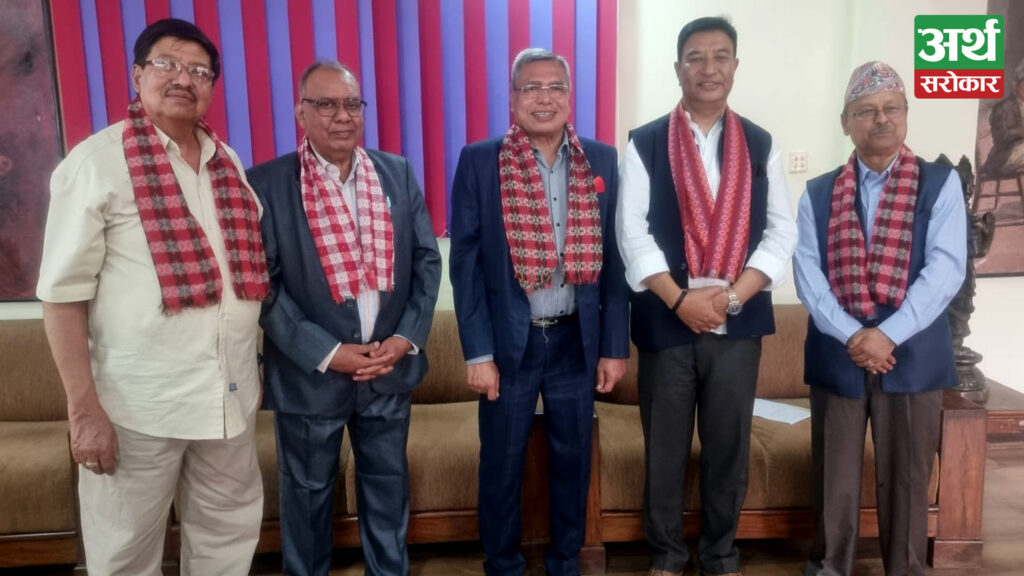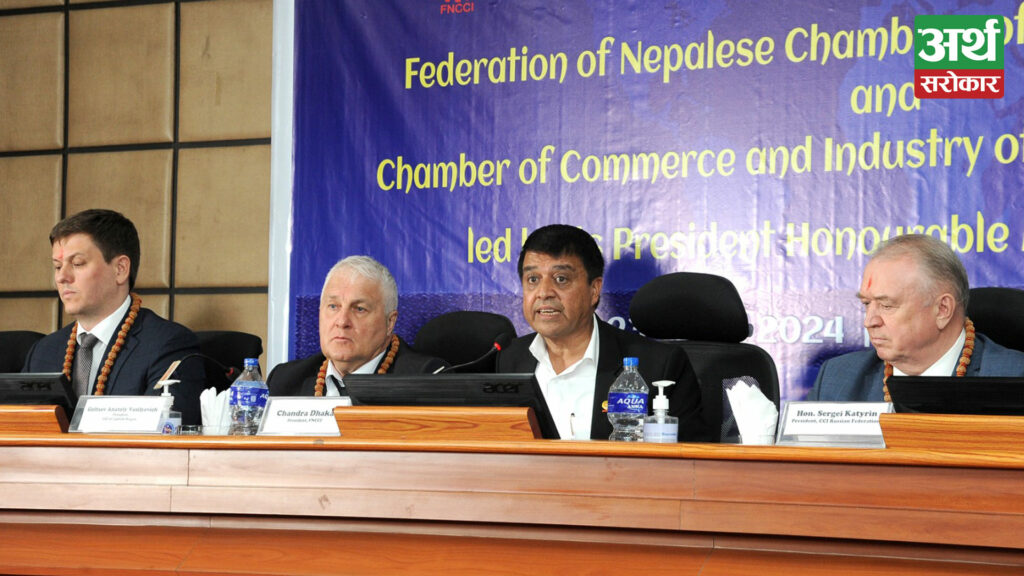
Madhav Guragain
Dr. Sunil Kumar Pokhrel initiated a detailed research on caste and cultural identity conflict issue. He made special attention on the Madhesi, Janjati, and Pahadi communities’ inter-community tension on their caste and cultural identity focused demands. Dr. Pokhrel started his research on how the caste and cultural identity based conflict can be managed providing natural resource rights based approach during his Master Degree studies in Brandeis University in 2007-8. He received the financial support from National Peace Campaign (Through financial support from the Ministry of Foreign Affairs, Switzerland) and Harvard University’s research grant to complete the research that focused on the fragile state Nepal. After the anti monarch uprising in 2006 and the Comprehensive Peace Accord on November 21, 2006, the insurgent group, “The Maoist” joined in mainstream politics in Nepal. However, the Nepalese society was in very much fragile condition. People in all over the nation were in the broiling situation, divided mindset based on caste, culture, language, and regionalism. The Maoist was the main provocateur of the caste identity conflict based communal approach. Because of the Maoist’s approach, as many as 24 caste and cultural groups started reorganizing people and disintegration community based on caste, culture, language, and regionalism. In that critical situation, Dr. Pokhrel started presenting his idea and research finding which focused on the restructuring of Nepal based on the natural resource potential and resource availability to manage the potential cultural conflict.
I got an opportunity to attend couple of his presentations to political parties. His presentations were easy to understand from all sectors of people. His natural resource potential maps, developed using GIS tools, were very much popular because of its easily understandable. Dr. Pokhrel also delivered many presentations to the number of Constitutional Assembly’s Sub Committees. He also gave presentations to all party representatives and local intellectuals in many districts of all regions such as Taplejung, Morang, Sankhuwasabha, Kathmandu, Parsa-Birgunj, Banke-Nepalgunj, Jumla, and kailali of Nepal. Dr. Pokhrel extended his research in PhD program in Kennesaw State University, Ga. In this research, Dr. Pokhrel linked the roles of media in caste identity conflict management in Nepal. I got opportunity to interview him visually and explore his energetic thoughts on the management of conflicts. I managed to take six interviews for my Nepalaaj News Portal as an editor and anchor. Interestingly, his all interviews were different. Dr. Pokhrel, as an expert of Conflict Management Scholar, is very powerful in linking various social, political, economic, and cultural problems to the potential conflicts and provides basic understandings and solution options to reduce and manage the conflicts. In his research articles and interviews, Dr. Pokhrel pleaded about how the cultural identity conflict can be reduced and or managed by providing natural resources rights and equal access to the local community. In some interviews, he also offered insights on the use of information technology to manage local corruptions, to enhance good governance, and to provide information access to public resources which eventually supports in making peace in the society.
The present situation of Nepal is critical after the dissolve of current parliament. Because of the decision, all most all political parties (Other than the Prime Minister’s faction of NCP), civil societies, professional organizations, and intellectuals are agitating in streets. Political conflicts are again in high tempo. In this present fragile political situation, conflict management scholar such as Dr. Pokhrel can make strong roles in reducing/managing the conflicts.





